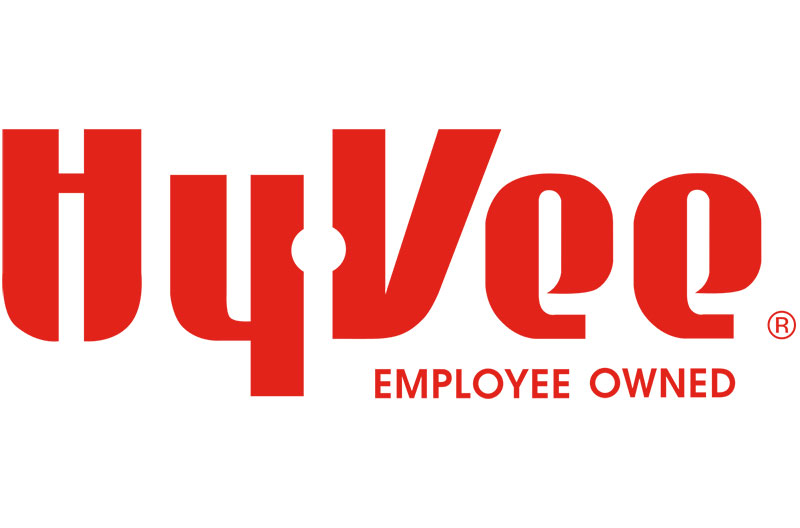The first phase of Hy-Vee and Alliant Energy’s Hy-Vee Chariton Solar Field in Chariton, Iowa, is operational and will generate enough energy to power 360 homes each year.
A ribbon-cutting ceremony Aug. 30 featured remarks from Iowa Lt. Gov. Adam Gregg; Mayuri Farlinger, president of Alliant’s Iowa energy company; Steven Venegas, Hy-Vee’s EVP of supply chain and transportation; and Donise Altenhofen, Lucas County Economic Development’s executive director. Hy-Vee leaders, as well as representatives from the project’s construction teams, SunVest Solar and Tri-City Electric and Iowa State University, also attended the event.
“These initiatives encapsulate what can happen when a forward-looking company like Hy-Vee partners with their local energy company to advance sustainably,” Farlinger said. “Hy-Vee’s decision to be a leader in this space is something we’re extremely proud of as we deliver on our purpose to serve customers and build stronger communities.”
[RELATED: Hy-Vee Continues To Grow Business Units Across Operating Area]
Work began on the project in 2023. In addition to the solar panels, an on-site apiary has been added to the field to study how the presence of various native plants helps sustain bee colonies. The apiary, funded by Hy-Vee and the Alliant Energy Foundation, is operated by Iowa State researchers in its initial stages and will eventually be managed by local resources.
“Hy-Vee’s supply chain employees, as well as our retail teams, are focused on making sure that we operate as sustainability as possible,” Venegas said.
“This new solar field project is incredibly exciting in that it represents a more sustainable energy future for Hy-Vee, as well as a chance to partner with multiple organizations to see how we can work together to help create a more sustainable energy future for all of the areas Hy-Vee serves.”
Hy-Vee and Alliant Energy also are piloting a fleet of 30 electric refrigerated trailers to deliver perishable items to the grocer’s stores in Iowa. The cooling systems on the new trailers are powered by electricity rather than diesel, allowing for quieter idling, a lower environmental impact and increased operational efficiency.

